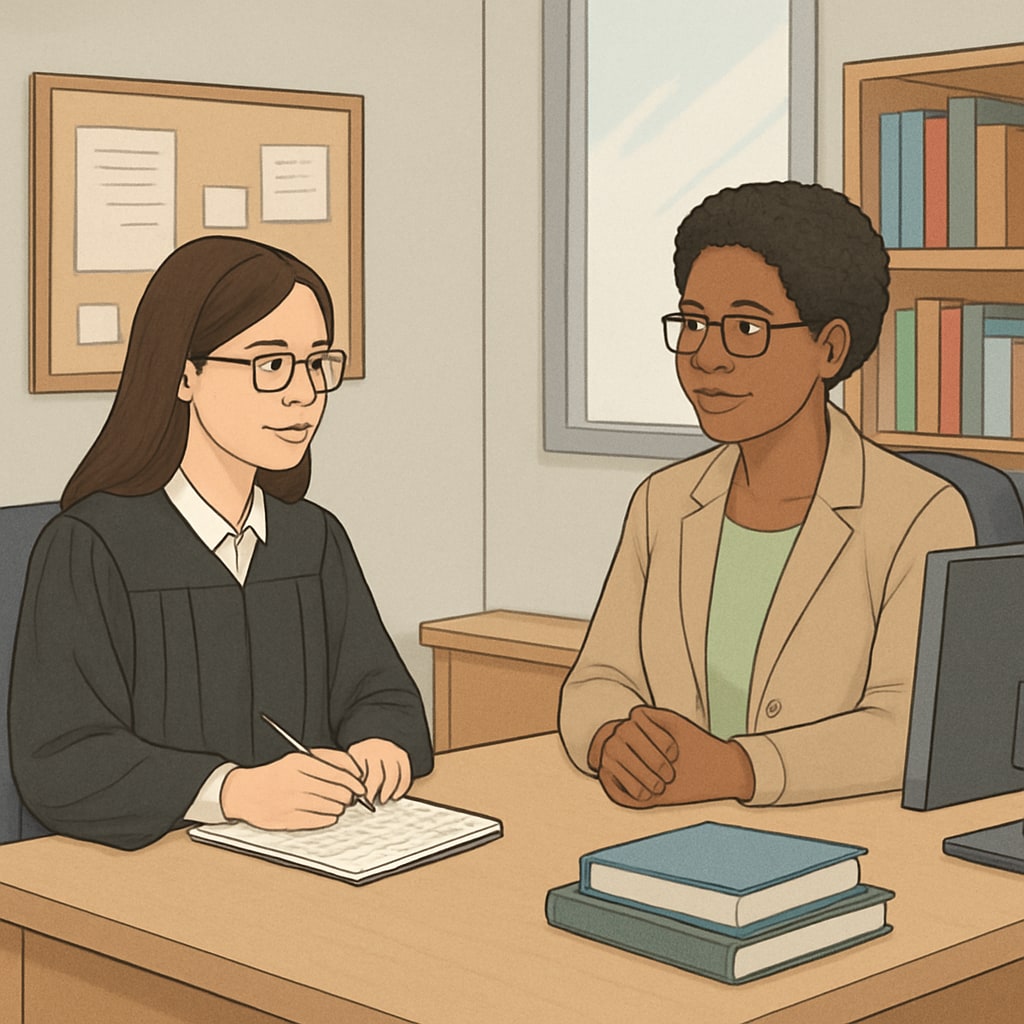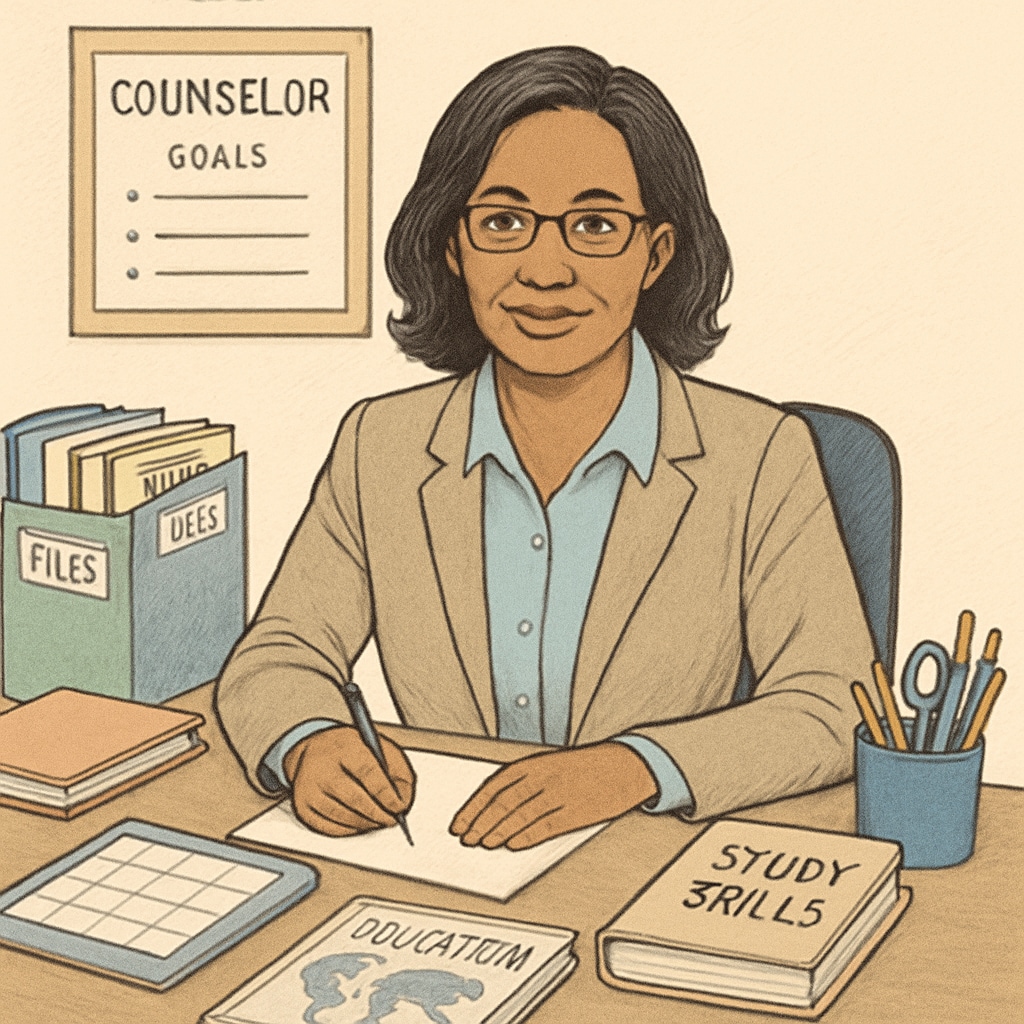Graduate students conducting academic research frequently encounter significant hurdles when seeking interviews with school counselors. These challenges often stem from systemic barriers, logistical constraints, and a lack of mutual understanding between researchers and education practitioners. As a result, the process of completing graduate assignments that depend on such interviews can become a daunting task. This article delves into the root causes of these issues and offers practical solutions to overcome them.

Why Interviewing School Counselors is Vital for Research
School counselors play a pivotal role in shaping students’ academic and personal development, making their insights invaluable for research in education. Graduate students often rely on these professionals to gain firsthand perspectives on topics such as student mental health, career guidance systems, and behavioral interventions. However, despite their critical role, accessing these insights can often feel like navigating a locked campus gate.
For instance, school counselors are frequently overburdened with daily responsibilities, leaving little time to engage in research-related interviews. Furthermore, institutional policies may restrict their ability to share information, particularly when it involves discussing sensitive or confidential issues. As a result, graduate researchers often find themselves caught in a cycle of unanswered emails and declined meeting requests.
Barriers to Accessing School Counselors
The difficulty of interviewing school counselors arises from a combination of systemic and practical challenges. Key barriers include:
- Time Constraints: Counselors often manage large caseloads, leaving little room for external commitments.
- Institutional Policies: Schools may have strict protocols regarding who counselors can speak to and about what topics.
- Misaligned Priorities: Counselors may perceive academic interviews as low priority compared to their day-to-day responsibilities.
- Lack of Mutual Understanding: Researchers may fail to communicate how their work benefits the school system, creating reluctance among counselors to participate.

Practical Strategies to Overcome These Challenges
Despite these barriers, there are effective strategies researchers can employ to improve their chances of securing interviews with school counselors:
- Plan Ahead: Reach out to potential interviewees well in advance of your research deadlines. Respect their schedules and be flexible in arranging meetings.
- Leverage Institutional Connections: Utilize professors, advisors, or alumni networks to establish credibility and connections with schools.
- Be Transparent: Clearly communicate the purpose of your research, how the findings will be used, and any confidentiality measures in place.
- Offer Reciprocity: Highlight how your research could positively impact their work, such as by sharing findings that could inform their counseling practices.
- Consider Alternatives: If direct interviews are not possible, explore other methods such as surveys or secondary data analysis.
By implementing these strategies, graduate students can increase their chances of successfully engaging school counselors and enriching their academic research.
The Path Forward
Ultimately, overcoming the challenges of interviewing school counselors requires persistence, adaptability, and a clear understanding of the systemic factors at play. As graduate students navigate this process, they contribute to bridging the gap between academic research and practical education. By fostering stronger connections with education professionals, researchers can ensure their work has a meaningful impact on both theory and practice.
In conclusion, while gaining access to school counselors for interviews may be challenging, it is not insurmountable. With the right approach, graduate students can unlock the wealth of knowledge these professionals hold and use it to advance educational research.
Readability guidance: Use short paragraphs and lists to summarize key points. Ensure a balance of active and passive voice while incorporating transition words throughout the article for improved flow.


